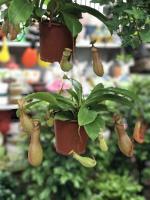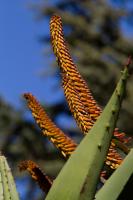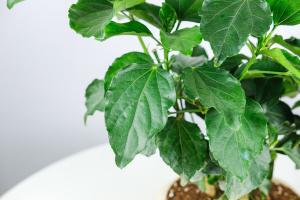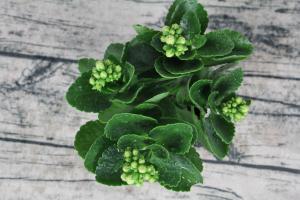How to Treat Tomato Plants for Aphids
Aphids are tiny insects that can infest tomato plants and cause damage by feeding on the sap of the plant. They reproduce quickly and can quickly take over a garden if left untreated. Fortunately, there are several ways to treat tomato plants for aphids.
Identify the Problem
Identifying an aphid infestation is the first step in treating tomato plants. Look for small, soft-bodied insects on the stems, leaves, and fruit of the plant. Aphids are usually green or brown, but they can also be yellow, red, or black. The insects may also leave behind a sticky substance called honeydew that can attract other pests.
Use Natural Remedies
Using natural remedies is a safe and effective way to treat aphids on tomato plants. One option is to spray the plants with a mixture of water and dish soap. This mixture will suffocate the insects and kill them. Another natural option is to introduce ladybugs or lacewings into the garden. These insects feed on aphids and can help control the population.
Apply Chemical Solutions
If natural remedies do not work, chemical solutions may be necessary. Insecticidal soap or neem oil can be effective in controlling aphids. Apply the solution to the affected plant, covering both the tops and bottoms of the leaves. Be sure to follow the instructions carefully and only use approved products.
Prune and Remove Affected Plants
If the infestation is severe, it may be necessary to prune and remove affected plants. Cut off the infected parts of the plant and dispose of them in the trash to prevent the insects from spreading to other plants. Sanitize pruning tools between uses to prevent the spread of disease.
Maintain Plant Health
Maintaining the health of tomato plants is important in preventing aphid infestations. Water plants regularly and fertilize them every few weeks. Keep an eye on the garden for signs of pests and remove any weeds, as they can attract aphids. Plant companion plants, such as marigolds, that help repel insects.
Conclusion
Aphids can cause significant damage to tomato plants, but they can be effectively treated with natural remedies or chemical solutions. Identifying the problem, using the appropriate treatment, and maintaining plant health are key in preventing or controlling aphid infestations in the garden.

 how many times do yo...
how many times do yo... how many planted tre...
how many planted tre... how many pine trees ...
how many pine trees ... how many pecan trees...
how many pecan trees... how many plants comp...
how many plants comp... how many plants can ...
how many plants can ... how many plants and ...
how many plants and ... how many pepper plan...
how many pepper plan...
































